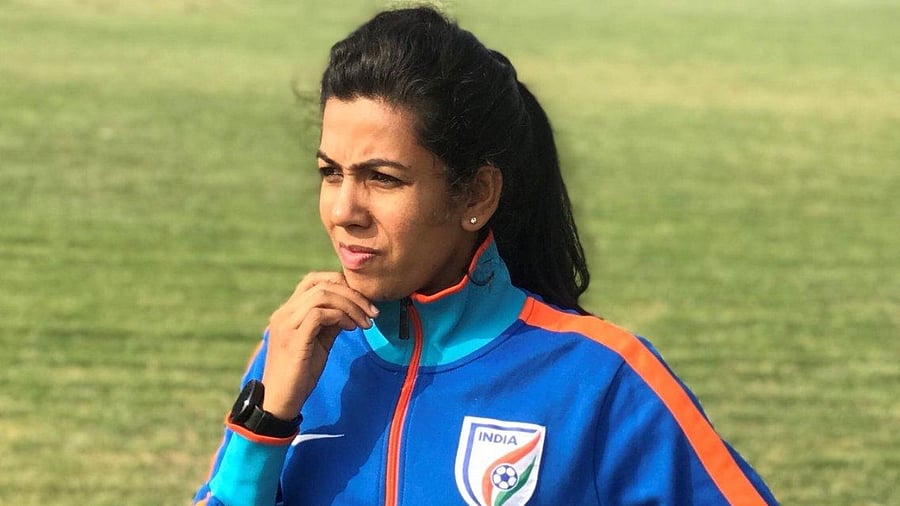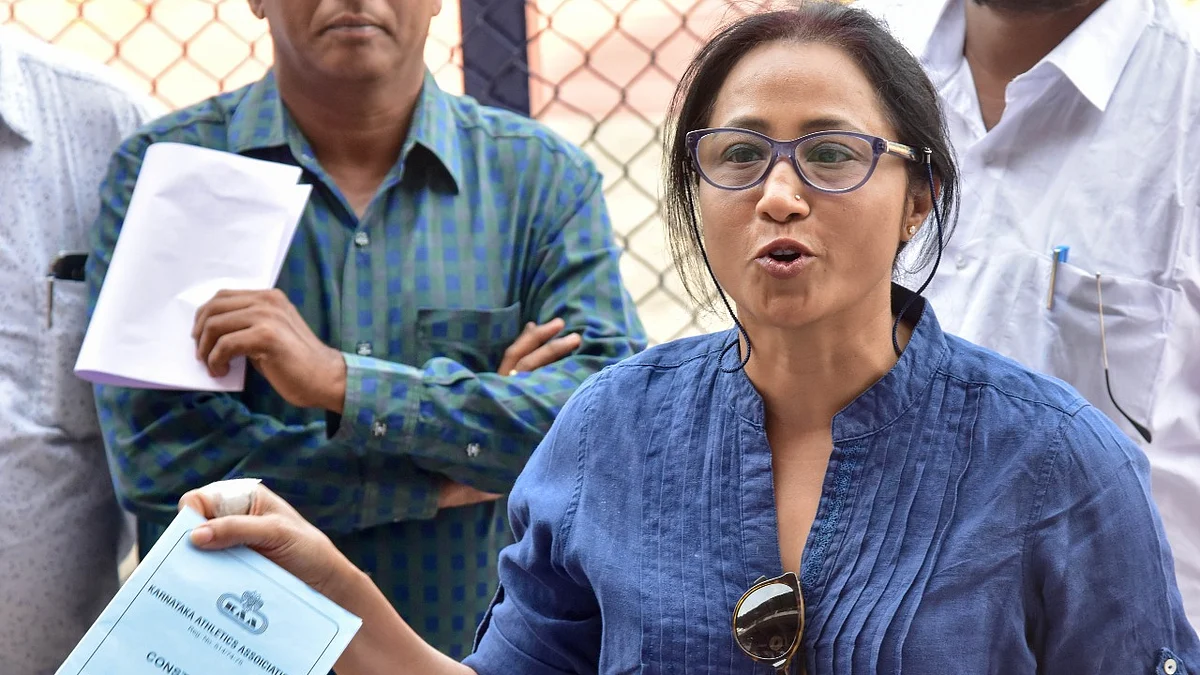

“If we increase the number of female board members, we have to make sure their speaking time is restricted somewhat as they have difficulty in finishing, which is annoying,” Yoshiro Mori, the 84-year-old former president of the Tokyo Olympics Organising Committee was quoted saying a few weeks ago. His comments were termed as ‘sexist’ and ‘inappropriate,’ instigating global criticism eventually forcing him to resign in less than 10 days. It also, in a way, threw light on the representation of females in sports governance — or rather the lack of it. Following public backlash, the Tokyo Olympics organisers appointed 12 women to the body's executive board, increasing their numbers to 19 among 45 members. The move was prompted by the body's new president, Seiko Hashimoto, a woman.
While the number of women sports personalities have seen an upward growth in the past few decades across the world, a career in sports administration remains largely patriarchal.
A similar scenario prevails in the various Indian sports associations mostly dominated by men at the helm of their respective board committees. After the International Olympic Committee directed all National Olympic Committees to maintain gender equality in sports governance, the Indian Olympic Association’s secretary general Rajeev Mehta wrote a letter proposing one out of three representatives of the National Sports Federation to the General Assembly of the IOA be a woman.
Ashwini Nachappa, former International athlete, Olympian and Arjuna Awardee, is one among a handful of women sports administrators in the country as the president of the Bangalore Urban District Athletic Association (BUDAA) for over a decade now.
“Most former sportspersons who choose coaching post their retirement are not willing to get into the rut of administration. The system is rigid towards women as it is totally a men’s club in the boardroom that finds us intimidating when we hold them accountable,” she said.
The executive council of IOA currently has 33 members, three of whom are women. Closer home, out of the 24 sports bodies affiliated to the Karnataka Olympic Association with the positions of presidents and secretaries mostly headed by politicians and bureaucrats, none are held by women.
“Though we have a few nominations here and there, women rarely feature as decision-makers, office-bearers or in executive roles but are merely included as members in the committees. It is no doubt a struggle, however, we either choose to accept the status quo and continue being silent spectators or decide to make a difference to minimise the gender gap,” said Ashwini.
Anju Turambekar, the youngest AFC A license coach, first Indian woman to be on the Asian Football Confederation panel (grassroots) and Asia’s first woman football Technical Director appointed by Goa’s Dempo Sports Club is clearly no stranger to shattering gender parity.
Though she acknowledges that women find it tougher than their male contemporaries to break through into positions traditionally and historically held by men, Anju however stresses that the onus of changing this stereotype lies on the woman herself.
“When a girl is well-equipped with the required knowledge, skill-set, and willingness to be the best at whatever the job demands, nobody can reject you purely on the basis of gender. The way I look at this imbalance is that there are many career opportunities in the field of sports administration, now more than ever is the time for women as individuals to take up this challenge,” she said.
Only when the entire sporting ecosystem comprising coaches, managers, administrators, physios, psychologists, referees and technical staff apart from the athletes have a healthy mix of all genders working in an ethical and professional manner can India be able to thrive as a sporting nation, opined both Ashwini and Anju.
